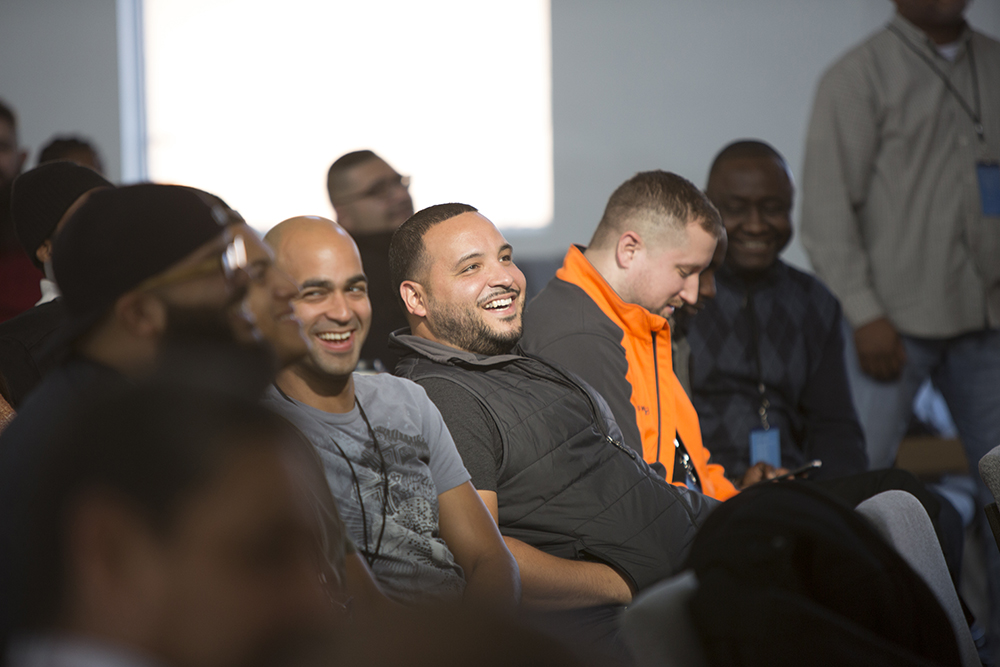By Jeff Christopherson
1. Small is formidable
Jesus chose the most improbable object to illustrate great power. The mustard seed was known by His agrarian audience to resemble a speck of dust. This seemingly insignificant speck, when planted, could lay dormant for years waiting for just the right combination of temperature and moisture to intersect. Then would miraculously grow into one of the Middle East’s greatest plants—towering over the garden at nine feet tall.
Jesus’ point should not be missed by those of us who desire to boldly follow Christ while paralyzed at the same time by a long list of personal inadequacies. God chooses as desirable the people the world dismisses as unnecessary. ‘Small,’ is the consistent value of the kingdom of God. God chooses the weakest, the youngest, the lowest and the least in terms of pedigree, nationality, giftedness, education or past reputation. 1 Corinthians 1:18-31 is a summation of this kingdom-principle. Our smallness is the very place where God demonstrates His grandeur and infinite might.
2. An un-invested faith is desertion
Jesus continued by adding, “…that a man took and sowed in his garden….” The central figure and activity in Jesus’ lesson was a farmer farming. The potential of the mustard seed is reliant upon the laborer. The farmer’s act of losing it in the furrows of soil shows that only through risk and loss can the seed’s potential ever be realized. Safety means certain disappointment.
The kingdom-assignment we are called to is always one of faith. Seldom are the resources available in advance for what God places on our hearts. Our assignment is to invest what God puts in our hands and walk in the direction of His voice that leads to the greatest adventures.
3. Grace extends beyond the graced
Jesus continues with an unexpected picture, “…and it grew and became a tree, and the birds of the air made nests in its branches.”
We see the primary recipient of kingdom-grace is the farmer. From his investment of the most insignificant seed came the most impressive plant within his garden. If the illustration ended here we would have already had a revolutionary understanding of the kingdom of God. But it doesn’t. There is also a secondary recipient of grace—the homeless wild birds. The grace made available to the farmer increased his harvest, but also afforded shelter, safety and a home for the birds. To be beneficiaries of God’s grace automatically makes us distributors of that same grace.
4. Status is irrelevant
As Jesus wraps up His imagery in the parable of the mustard seed, He paints another picture… “It is like leaven that a woman took…” The audience of Jesus’ day was very familiar with status. There was a pecking order, and at the bottom of that status ladder were women.
The fact that Jesus chose the occupant hunched on the bottom tread of the ladder follows a long list of examples of Christ breaking down societal barriers in his counter-cultural revolution. Earthly status and kingdom-impact seemed to have little correlation in His mind.
So we ask questions: Does the kingdom advance faster behind the pulpit or the barber’s chair? Is the kingdom impacted greater through the missionary or the musician? Are grander kingdom-lessons learned from the seminary professor or the coffee barista? Don’t miss out on the full force of Jesus’ intention. In the Kingdom of God, status is irrelevant.
5. Influence is viral
What would happen to someone who lived these principles well? The last words tell the story, “It is like leaven that a woman took and hid in three measures of flour, until it was all leavened.”
To Jesus’ audience, yeast was not our idea of a dry beige kernel, but was infected dough that contained activated yeast and would infect everything that it touched. The task of the baker was to mix the infected dough with flour and other ingredients—and then watch the virus do its magic.
Yeast appears to be invisible and innocuous, yet it radically transforms everything it comes in contact with. Dough sitting flat and lifeless in a baker’s pan suddenly springs to life and grows with the introduction of the smallest amount of leavened dough.
What better picture could be painted about the kingdom of God? Ordinary men and women, boys and girls, once lifeless and purposeless, now spirited and full of purpose. These recipients of this grace become the distributers of grace, and in this exchange, the rule of God grows organically relationship-by-relationship. The transformational power of this kingdom lived is unstoppable as it courses through networks and neighborhoods. God’s kingdom has come because God’s will is being done here as it is in heaven.
Jeff Christopherson serves as the vice president of the Send Network at the North American Mission Board and lives in Alpharetta, Georgia, with his wife, Laura. This blog is an excerpt from Jeff’s latest book, Kingdom First.
Published February 14, 2017
